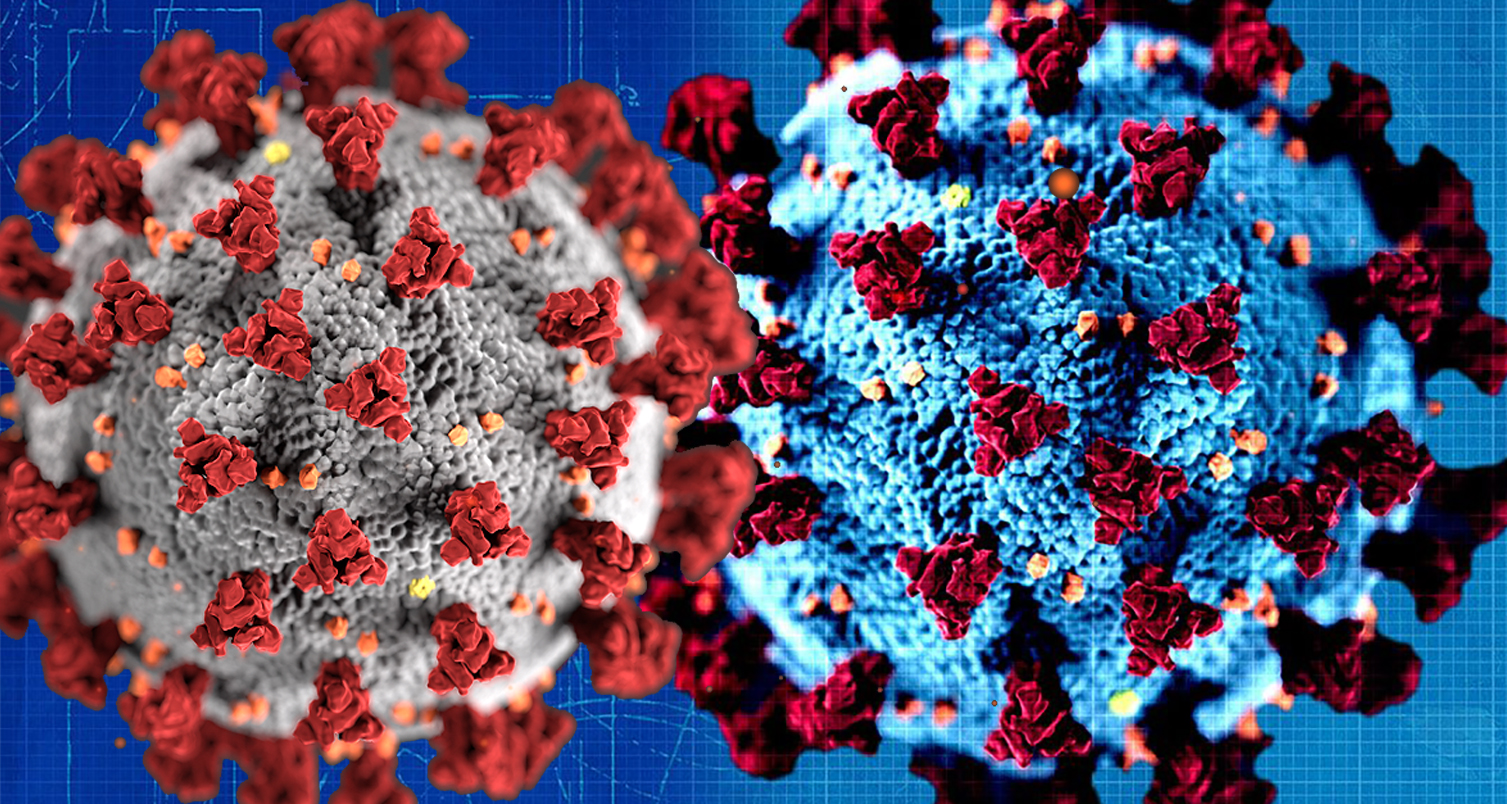Kerby Anderson
We all want the pandemic to end. But hoping that it will end and predicting that it will end once everyone is vaccinated is something very different. I hate to be the bearer of bad news, but COVID-19 isn’t going away whether all Americans are vaccinated or not.
Most scientists believe that this coronavirus (SARS-CoV-2) will become an endemic virus. That would mean that it would continue to circulate in the global population for years to come. The journal Nature did a survey of 100 immunologists, infectious-disease researchers, and virologists who were working on the coronavirus. They were asked if they thought it would be eradicated or merely become an endemic virus. Nearly nine in ten (89%) felt it would likely become an endemic.
More recently, Harvard University School of Public Health attempted to answer the question, “What will it be like when COVID-19 becomes endemic?” Answering that question depends on a few factors. Have enough people gained immune protection from vaccination and natural infection? What is the strength and duration of immune protection from vaccination and natural infection?
Both questions are up for some debate. The current administration talks about the millions of adults who are not vaccinated but ignores that a significant number of those millions may have natural immunity because they are among the 100 million who had COVID.
The duration of immunity is becoming an issue as more scientists and doctors are talking about rolling out a booster shot. If you get a measles shot, you are good for life. A tetanus shot can last you for a decade. But some of the COVID-19 vaccines seem to be losing their ability to prevent a subsequent infection.
Predicting the end of the pandemic may be a great political talking point, but it appears that this coronavirus will be with us for a long time.
 Listen Online
Listen Online Watch Online
Watch Online Find a Station in Your Area
Find a Station in Your Area








 Listen Now
Listen Now Watch Online
Watch Online
